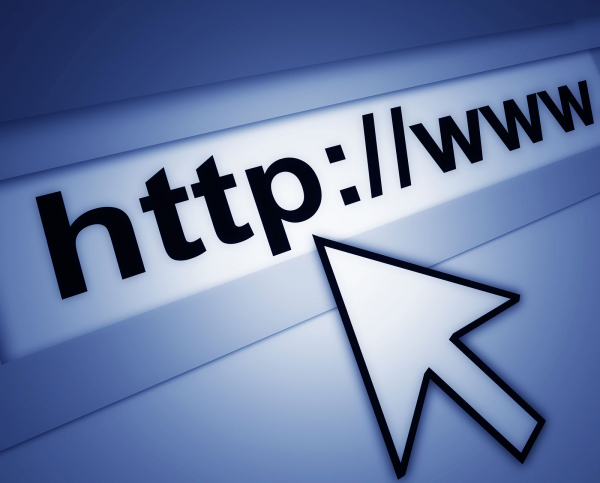
[ad_1]
When new, the Internet was a restricted environment between coders and their computer terminals.
“We’ve come a long way, baby.” Today we are all composers and recipients of content and information, with friends and strangers. We have an ocean of web-based content to access within seconds and to which we can respond. And that access no longer requires a PC screen – our phones and tablets allow us to become consumers and creators from anywhere.
Our everyday lives have changed, and here are just nine ways in which this has happened.
- Access to News and Events
Recently, a teenager filmed the events leading to George Floyd’s death in Minnesota. That footage was published on the web, went viral, and was the most critical piece of evidence in the trial that followed. We now have access to news events in real-time, as they occur, as well as concerts, podcasts, webinars, and more.
- Connect with Others
We have all found old classmates via our social media accounts. And as that net has widened, we find even more old friends and friends of friends to add. As well, we set up accounts on several platforms.
The web has altered romantic connections too. Online dating websites have replaced the more traditional methods of meeting potentials partners.
- Communication
Years ago, there were a couple of ways to communicate with family and friends – letters and long-distance phone calls. The letters took time, and the calls were pricey. Today, a monthly fee from a telecom company provides unlimited calls and text messaging for instant communication with anyone within a country and, in many instances, the world.
- Chamisa under fire over US$120K donation
- Mavhunga puts DeMbare into Chibuku quarterfinals
- Pension funds bet on Cabora Bassa oilfields
- Councils defy govt fire tender directive
Keep Reading
Adding to telecom innovations is email – another method of quick communication.
All major social media and other platforms have a messaging feature. Anyone with a PC, tablet, phone, etc. has access to rapid communication.
- E-Commerce
Brick and mortar retail establishments remain viable through a website, social media accounts, and digital marketing, allowing consumers to search and shop online.
And consumers may shop globally. E-commerce businesses reach out to international customers. They can even find good translation sites online to get their websites, blogs, marketing content, etc. translated and localized for foreign audiences.
- Entertainment Has Forever Changed
TV, movie theaters, DVD rental retailers, and music CD stores have all taken a hit. TVs have had to become “smart” with access to the Internet and all of its elements and features. We use Spotify to create song playlists from a variety of artists – no CDs required. Movie theaters offer cocktails and dinner to entice customers and still remain half empty. For children? Take a look at YouTube for kids, and understand how TV shows are no longer favorites.
Gaming has now evolved into a web-based platform in which gamers compete with others all over the globe and participate in prize-worthy competitions.
- Medicine and Health
It’s all about self-diagnosis and treatment. We can plug our symptoms into any number of health and medicine websites and receive instant possible diagnoses. We can communicate with a doctor online and receive a diagnosis and prescription.
Add to all of this the fact that our medical records are now online through our providers for total access to our full history.
- Personal Finance
One of the biggest disruptions of the Internet. Consider all that is now accomplished via the Internet:
- Personal Banking: Checking balances, making deposits, withdrawing funds, paying bills, etc. means that no one stands in line at the bank anymore or even holds paper checks.
- Investing: Online discount brokerages have all but eliminated the need for a traditional broker or brokerage house. Trades can occur instantly.
- Research
Students no longer spend hours in physical libraries conducting research. The convenience is obvious – conduct research from anywhere on any device. And research convenience is not just for students. Businesses that need to research product viability, potential purchasers, and competition have this information at their fingertips.
- Privacy and Security
The Internet has meant a loss of privacy, especially when users do not think ahead. Posting a raucous party experience or compromising selfies on social media accounts means they are “out there” for all to see, including potential employers.
Security is also an issue when consumers submit their financial information to make payments for online purchases.
Hackers have sophisticated means of accessing personal information and have gained access to personal and financial information.
These Nine…
These nine “disruptions” are just the “icing on the cake” but represent food for thought as Internet users consider how the Internet has changed their lives and how they can and should respond to these changes. The Internet has provided amazing convenience, connections, communication, and business opportunities. These, of course, must be weighed against risks and exposure.
[ad_2] Source link









